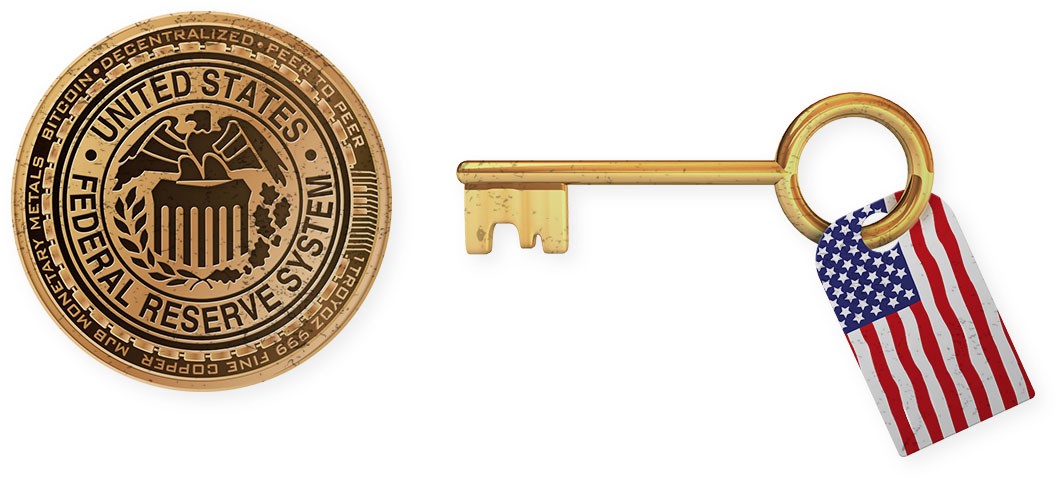PALO ALTO, Calif. (Reuters) - The Federal Reserve is taking a look at a broad series of problems around digital payments and currencies, including policy, design and legal considerations around possibly releasing its own digital currency, Guv Lael Brainard stated on Wednesday. Brainard's remarks suggest more openness to the possibility of a Fed-issued digital coin than in the past." By transforming payments, digitalization has the potential to deliver higher worth and benefit at lower cost," Brainard said at a conference on payments at the Stanford Graduate School of Company.
Main banks internationally are discussing how to manage digital financing innovation and the dispersed ledger systems used by bitcoin, which promises near-instantaneous payment at possibly low expense. The Fed is developing its own day-and-night real-time payments and settlement service and is currently reviewing 200 comment letters submitted late in 2015 about the proposed service's style and scope, Brainard said.
Less than 2 years ago Brainard told a conference in San Francisco that there is "no engaging showed need" for such a coin. But that was before the scope of Facebook's digital currency ambitions were commonly understood. Fed officials, including Brainard, have raised concerns about consumer protections and information and privacy threats that might be postured by a currency that could enter into use by the 3rd of the world's population that have Facebook accounts.

" We are collaborating with other reserve banks as we advance our understanding of central bank digital currencies," she said. the fedcoin With more countries checking out releasing their own digital currencies, Brainard said, that contributes to "a set of factors to also be ensuring that we are that frontier of both research study and policy advancement." In the United States, Brainard stated, concerns that require study consist of whether a digital currency would make the payments system safer or simpler, and whether it could present monetary stability risks, including the possibility of bank runs if cash can be turned "with a single swipe" into the central bank's digital currency.
To counter the financial damage from America's extraordinary national lockdown, the Federal Reserve has taken extraordinary actions, consisting of flooding the economy with dollars and investing straight in the economy. Many of these moves got grudging approval even from numerous Fed doubters, as they saw this stimulus as needed and something just the Fed might do.
My new CEI report, "Government-Run Payment Systems Are Risky at Any Speed: The Case Versus Fedcoin and FedNow," information the risks of the Fed's current plans for its FedNow real-time payment system, and proposals for central bank-issued cryptocurrency that have actually been called Fedcoin or the "digital dollar." In my report, I go over concerns about personal privacy, information security, Article source currency manipulation, and crowding out private-sector competition and innovation.
Advocates of FedNow and Fedcoin say the federal government must develop a system for payments to deposit quickly, instead of motivate such systems in the economic sector by raising regulative barriers. But as kept in mind in the paper, the economic sector is offering a relatively limitless supply of payment technologies and digital currencies to fix the problemto the level it is a problemof the time space in between when a payment is sent and when it is received in a bank account.
And the examples of private-sector development in this location are many. The Cleaning House, a bank-held cooperative that has actually been routing interbank payments in various forms for more than 150 is fedcoin real years, has actually been clearing real-time payments because 2017. By the end of 2018 it was covering half of the deposit base in the U.S.